The Versatility of BiPAP Machines
Understanding BiPAP Machine Uses
The BiPAP machine, also known as a bilevel positive airway pressure machine, is a valuable medical device that provides non-invasive therapy for individuals with respiratory issues such as sleep apnea, COPD, or other breathing difficulties. This article aims to expound on the various uses of BiPAP machines and their significance in managing respiratory conditions.
Sleep Apnea Treatment
One of the primary uses of a BiPAP machine is in the treatment of sleep apnea. This condition causes interrupted breathing during sleep, leading to poor sleep quality and fatigue. BiPAP machines deliver pressurized air to keep the airways open, allowing for uninterrupted breathing during sleep. The machine adjusts the air pressure levels based on the user’s breathing patterns, ensuring optimal therapy.
Chronic Obstructive Pulmonary Disease (COPD) Management
Patients with COPD often experience difficulty exhaling air from their lungs, leading to shortness of breath and reduced oxygen levels. BiPAP machines aid in managing COPD by delivering higher air pressure during inhalation and lower pressure during exhalation, making it easier for patients to breathe and improving oxygen levels in the body.
Respiratory Failure Support
In cases of respiratory failure, where the lungs are unable to provide sufficient oxygen to the body, BiPAP machines can be used to provide respiratory support. By delivering a controlled stream of pressurized air, these machines assist in maintaining adequate oxygen levels in the body, reducing the strain on the respiratory system.
Post-Surgery Recovery
Following certain surgical procedures, patients may experience breathing difficulties, especially during the recovery phase. BiPAP machines can be utilized to provide respiratory support, aiding in breathing and preventing complications post-surgery. The adjustable pressure settings make it suitable for individuals with varying respiratory needs.
Neuromuscular Disorders
Individuals with neuromuscular disorders such as muscular dystrophy or amyotrophic lateral sclerosis (ALS) may encounter challenges with respiratory muscle weakness, impacting their ability to breathe effectively. BiPAP machines offer respiratory assistance by facilitating adequate airflow, reducing the effort required for breathing, and improving overall respiratory function.

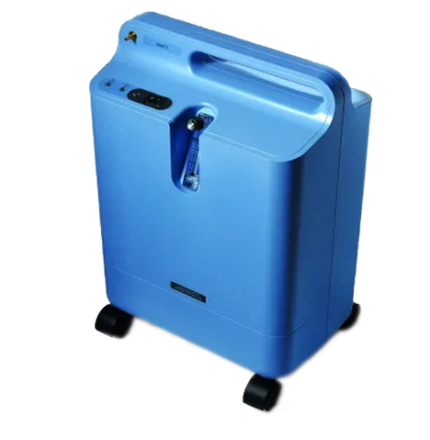
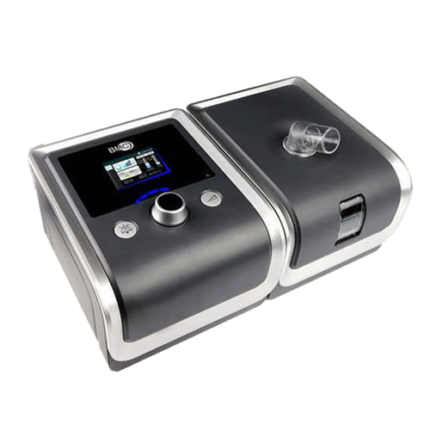
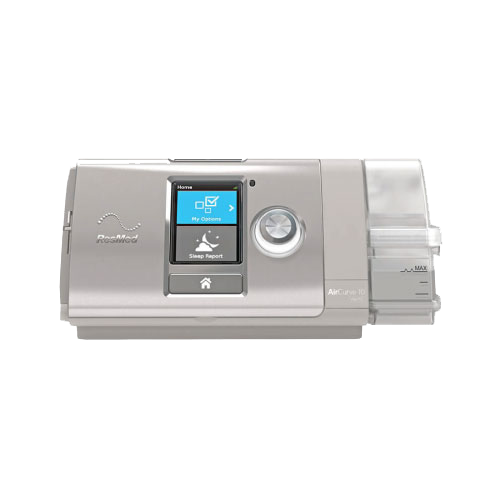


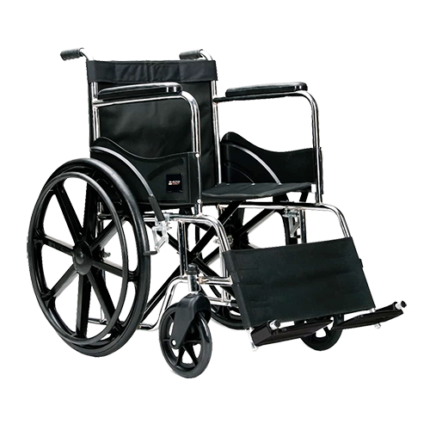
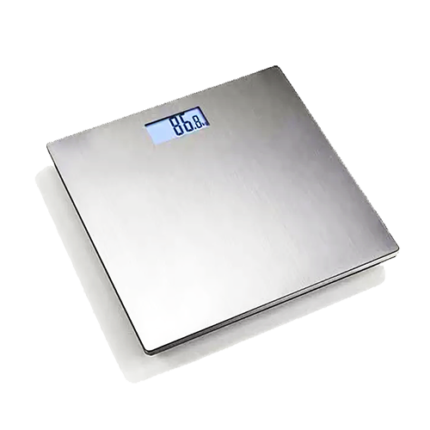
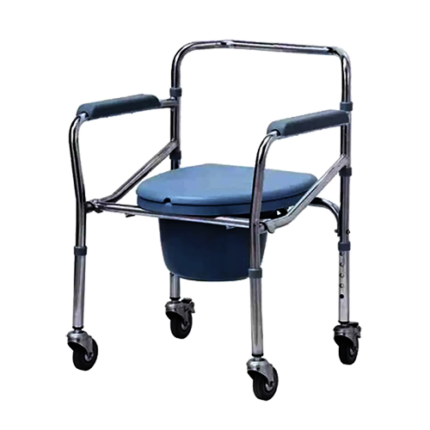
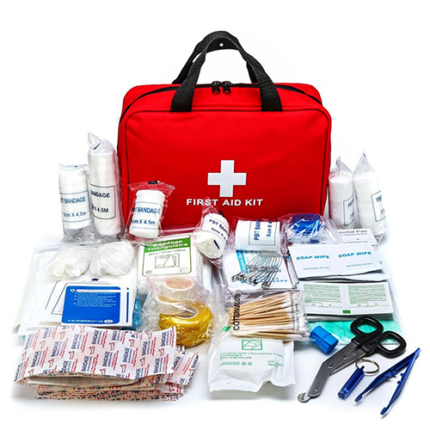
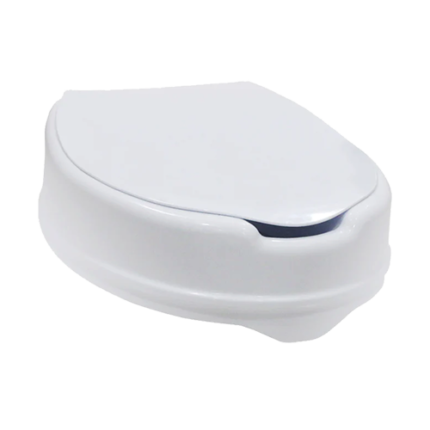
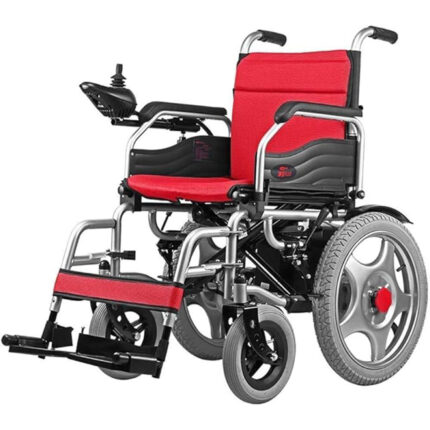
Reviews
There are no reviews yet.